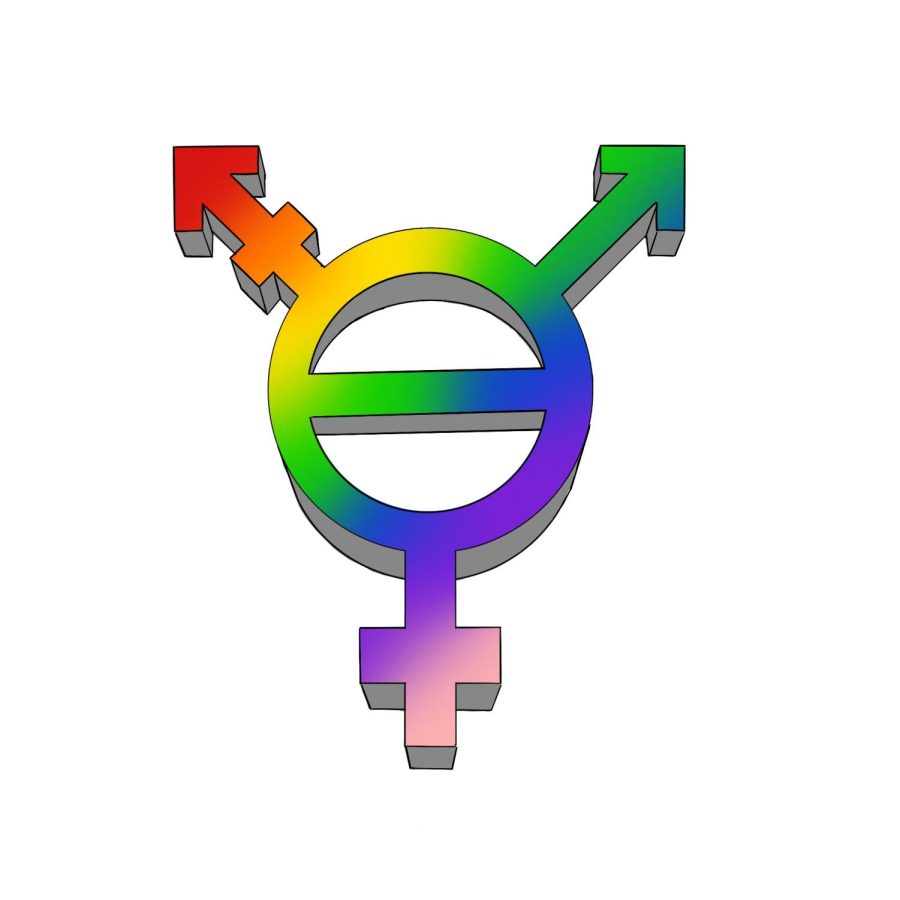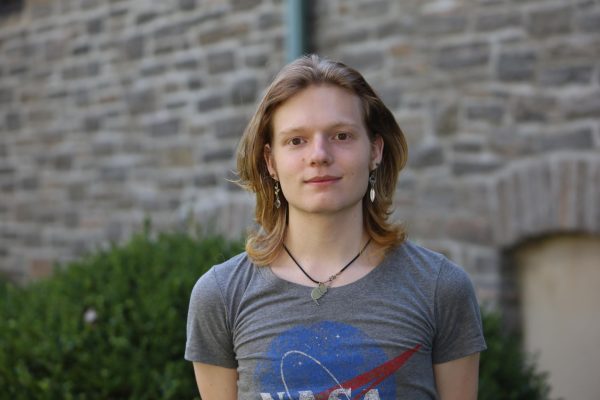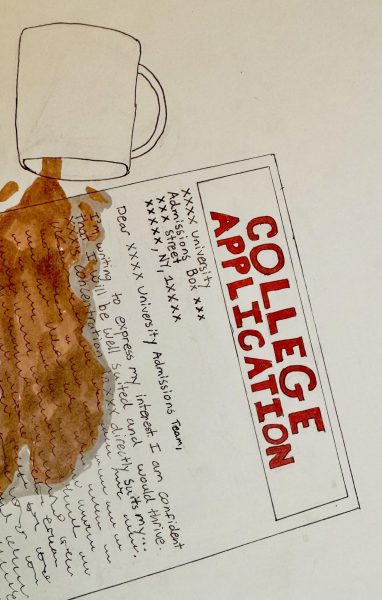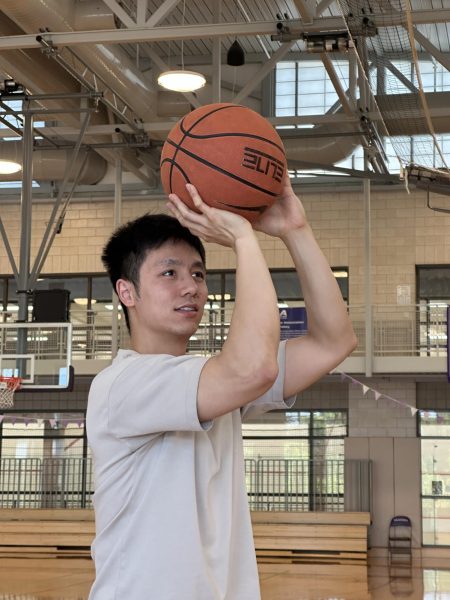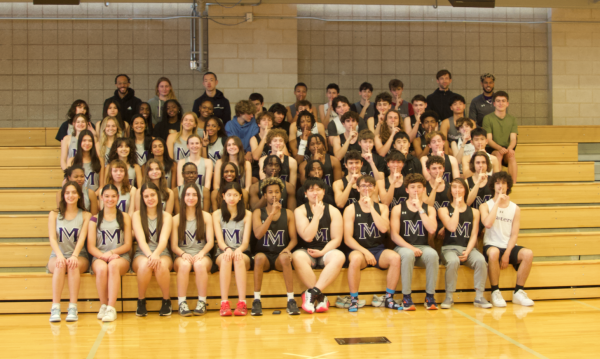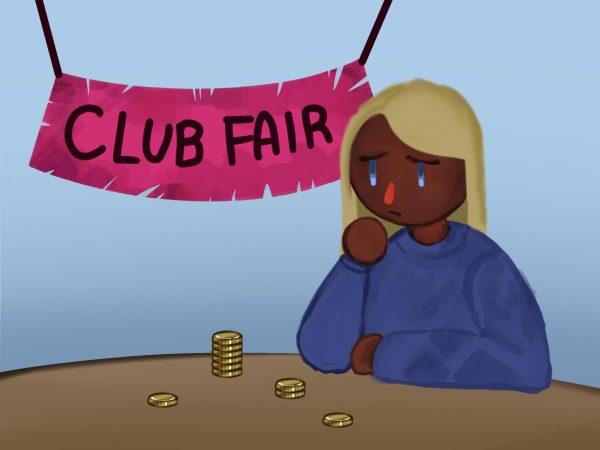New gender-diverse affinity group forms on campus
November 4, 2022
On Friday, October 7, Jayde Bennett–director of residential life and associate dean of students–alongside history and religion teacher Brendan Collins-Jordan spoke to the upper school community during morning meeting about the newly formed Gender Diverse Affinity Group on campus.
The group is designed to create a safe environment for community members–including students, faculty, and staff–who identify as transgender to discuss and share their thoughts and experiences. “It is a space for students, faculty and staff, of trans, non-binary and gender diverse experience to be together. We don’t have a space like that currently, at least not one provided by the school,” Bennett said.
During the spring of 2021, Bennett and Collins-Jordan were a part of a subcommittee in Diversity Equity and Inclusion (DEI)–the gender task force–and helped plan focus groups with students and staff on the topic of gender. While facilitating the groups, it became clear that students not only wanted but needed a place to affirm and discuss gender. “There is a lot of information about how you can be affirmed on campus that is just not public knowledge, and a lot of [kids in the focus groups] were asking, ‘How do I change my name in the LMS? How do I change my pronouns?’ It was clear that we need a space to discuss these things,” Bennett said.
Furthermore, students shared potentially traumatic experiences and wanted a place to lean on one another. In response to the growing demand, Bennett and Collins-Jordan initiated the Gender Diverse Affinity Group.
Although spaces that facilitate an inclusive environment of community for LGBTQ+ students already exist on campus, such as the Q+ club, these spaces are also open to heterosexual and cisgender members. “Q+ has a wider umbrella of identities that the club is talking about and programming about, and much of that programming has to do with sexual identity,” Collins-Jordan said. On the other hand, the new affinity group is limited to exclusively transgender community members.
On campus, LGBTQ+ information centers primarily around sexuality. On the other hand, this new affinity group brings attention to the gender aspect in order to stop the conflation of sexual identity and gender identity. “There are a lot of ways in which trans and non-binary identities don’t necessarily get celebrated and talked about as part of the normal course of school events, either in classes, presentations, or clubs,” Collins-Jordan said.
Additionally, the group provides a common ground for transgender individuals that doesn’t require repetitive explanations of their experiences to non-transgender individuals. “This is a space where there isn’t a burden of processing cis-feelings or having to educate cis people; the sort of burden that trans and non-binary people do in day-to-day life,” Collins-Jordan said.
Since the group is so novel, the objectives still need to be discovered, and the group is still figuring out the central aim. “We’ve been asking the students and folks in the group, “What do you want to see out of this?” Bennett said.
The group is intentionally left open so that it can be as responsive to the community’s needs as possible and potentially make adaptations on campus to better support transgender individuals. As Bennett said, “There’s not really one specific goal. I think it’s always shifting. Like our identities, it’s always in flux.”



